The things most people want to know about are usually none of their business

The things most people want to know about are usually none of their business
George Bernard Shaw, the renowned Irish playwright and critic, was known for his sharp wit and unapologetic opinions on a wide range of topics. Throughout his life, Shaw was often the subject of intense scrutiny and speculation, with many people eager to know more about his personal life, beliefs, and motivations. However, Shaw was famously dismissive of the idea that the public had a right to know everything about him, famously stating that "The things most people want to know about are usually none of their business."Shaw's belief in the importance of privacy and personal boundaries was rooted in his deep respect for individual autonomy and self-determination. He believed that each person had the right to control their own narrative and decide what information they wanted to share with others. Shaw was fiercely protective of his own privacy, often refusing to answer personal questions or engage in gossip about his personal life. He believed that the public's obsession with the private lives of public figures was a distraction from more important issues and a violation of basic human rights.
In Shaw's view, the things that most people wanted to know about him were often trivial or irrelevant, serving only to satisfy idle curiosity or fuel gossip. He believed that true understanding and appreciation of his work could only come from a careful study of his writings and ideas, rather than from prying into his personal affairs. Shaw was adamant that his work should stand on its own merits, independent of his personal life or background.
Despite his reluctance to share personal details with the public, Shaw's work often reflected his own experiences and beliefs. His plays and essays were filled with sharp social commentary, biting satire, and provocative ideas that challenged conventional wisdom and societal norms. Shaw's refusal to conform to societal expectations or cater to public opinion made him a controversial figure in his time, but also earned him a reputation as a fearless and uncompromising artist.
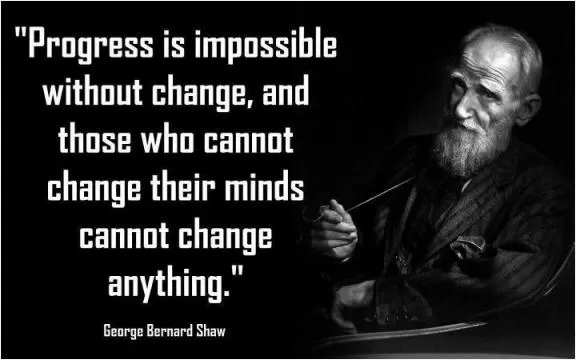

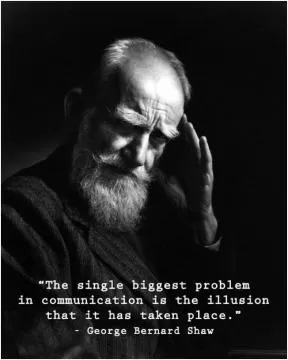
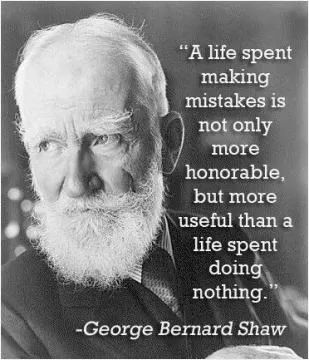






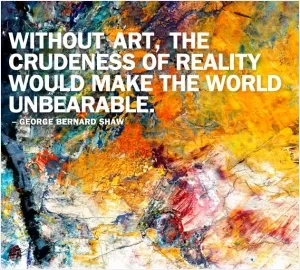
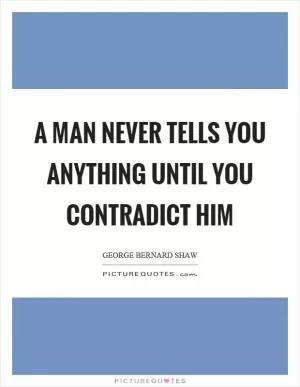
 Friendship Quotes
Friendship Quotes Love Quotes
Love Quotes Life Quotes
Life Quotes Funny Quotes
Funny Quotes Motivational Quotes
Motivational Quotes Inspirational Quotes
Inspirational Quotes